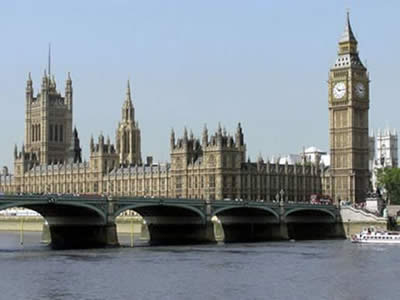There are signs of a thaw in relations between Russia and Britain three years after the poisoning of former agent Alexander Litvinenko, Russia's ambassador in London told the BBC Friday.
Yuri Fedotov, who is leaving his London post after five years to become the drug czar of the United Nations (UN), said there were "irritants" in relations that could, however, be removed, DPA reported.
"They're like a minefield - they can explode at any time," Fedotov said in an interview with the BBC's diplomatic correspondent, Bridget Kendall.
However, Moscow was prepared to "do everything" to repair relations with Britain, even though the ball was firmly in London's court, the envoy insisted.
"There are positive dynamics" that could indicate a thaw, said Fedotov. He specifically referred to remarks by William Hague, the Foreign Secretary in the new Conservative-led government, which suggested that Britain wanted to "open a new page" in relations.
Visits by Hague to Moscow, and by Russia's Foreign Minister, Sergei Lavrov, to London are planned.
"And the logic of this political trend will move us towards a summit meeting at the top political level," said Fedotov.
He stressed, however, that the tension over Litvinenko, who died a slow and very public death from radioactive poisoning in London in late 2007, had gone away.
Britain wants the Russian government to extradite the main suspect in the Litvinenko case, the former KGB officer and now Russian parliamentarian, Andrei Lugovoi.
But Russia still insists its constitution prevents it from extraditing a citizen to stand trial abroad. Fedotov said Russia had its own list of 43 people in Britain wanted for crimes committed in Russia.
"We should not overblow the importance of such incidents. We need to think strategically. That is the difference between what we have now and what we had during the Cold War. We are not in opposing trenches. We face the same challenges and threats," said Fedotov.
Russian envoy sees "positive dynamics" in relations with Britain
There are signs of a thaw in relations between Russia and Britain three years after the poisoning of former agent Alexander Litvinenko, Russia's ambassador in London told the BBC Friday.






